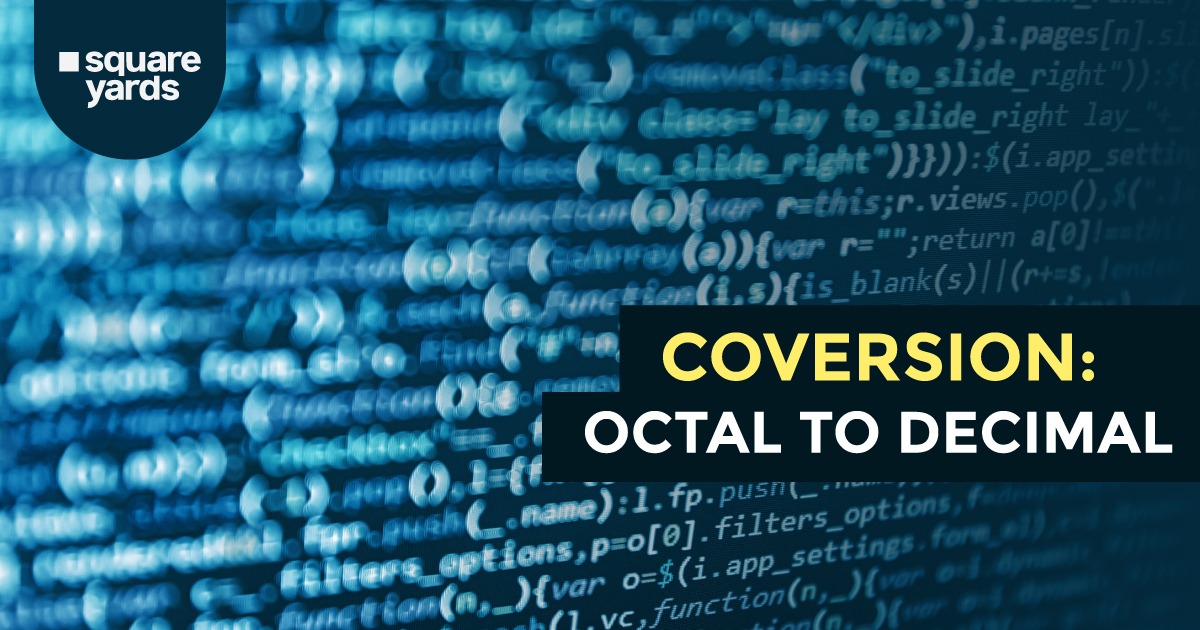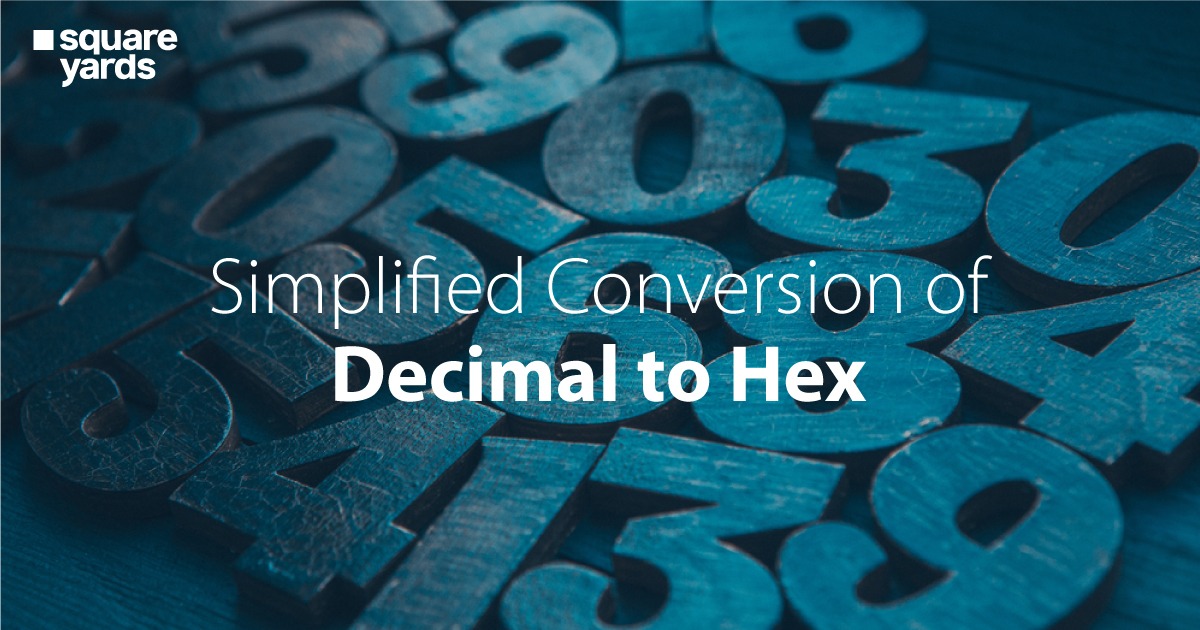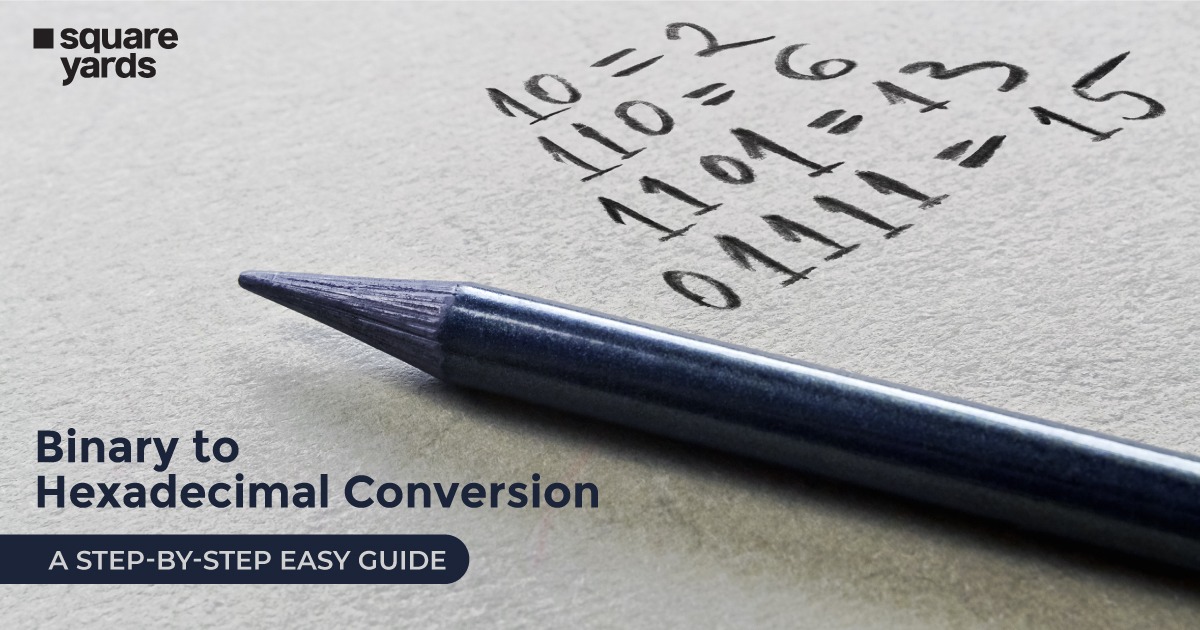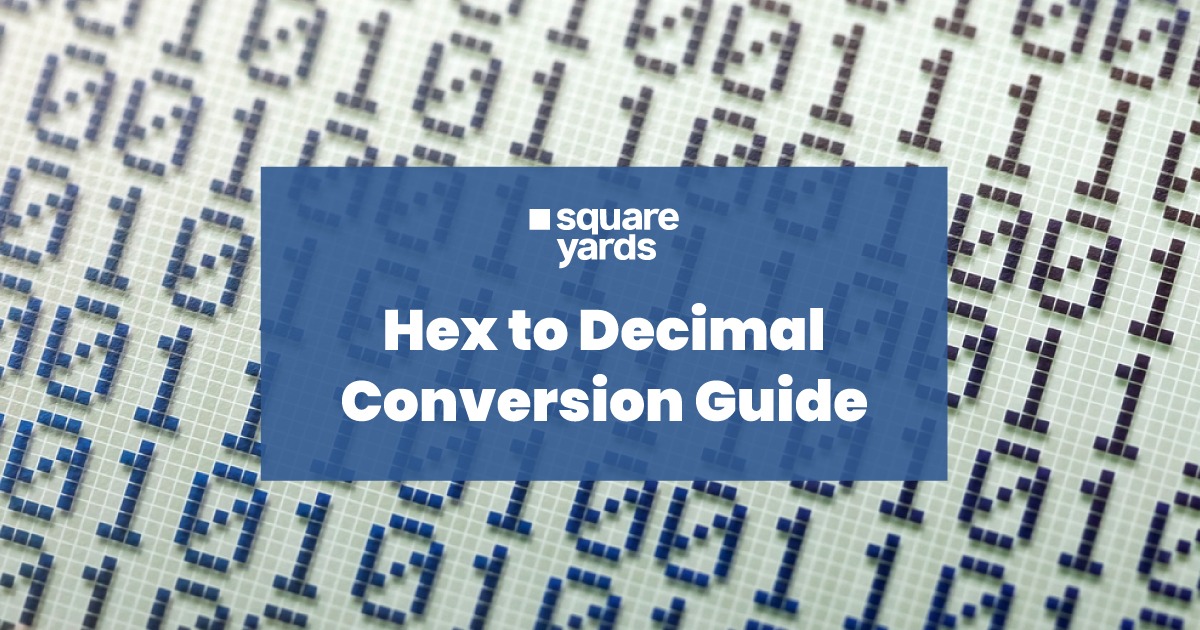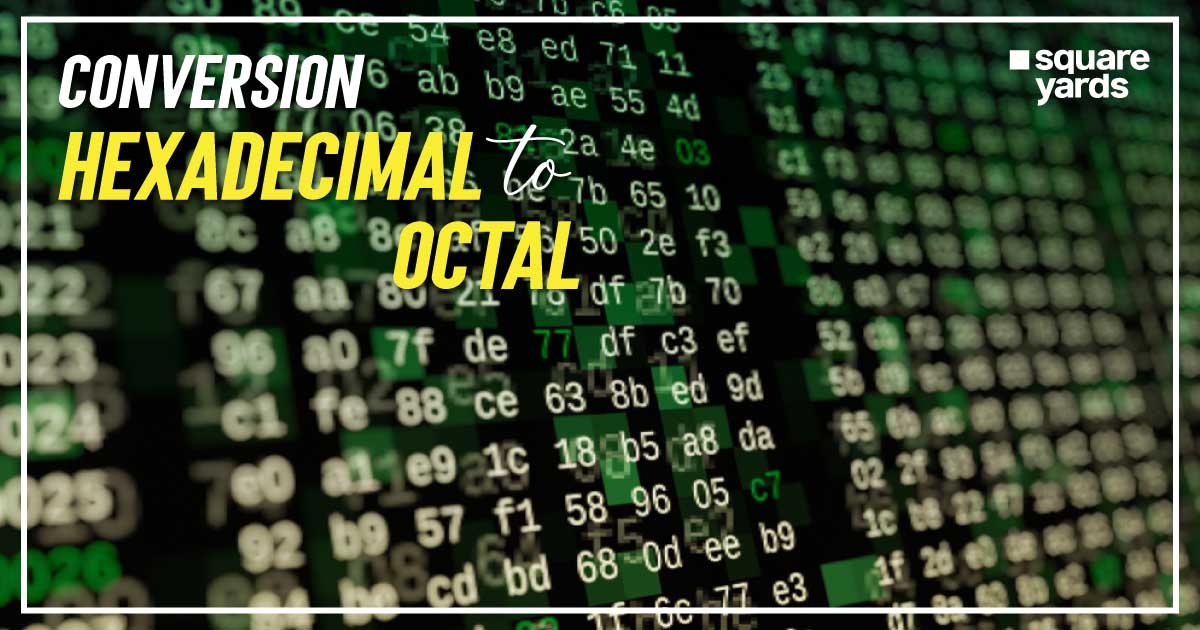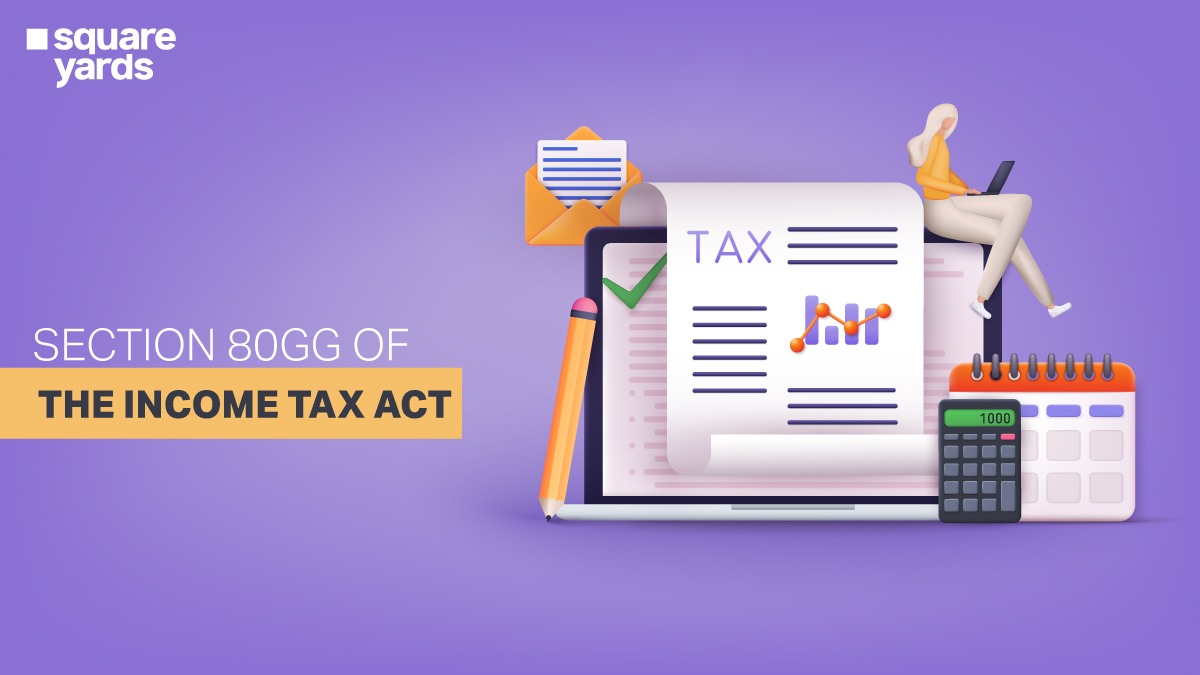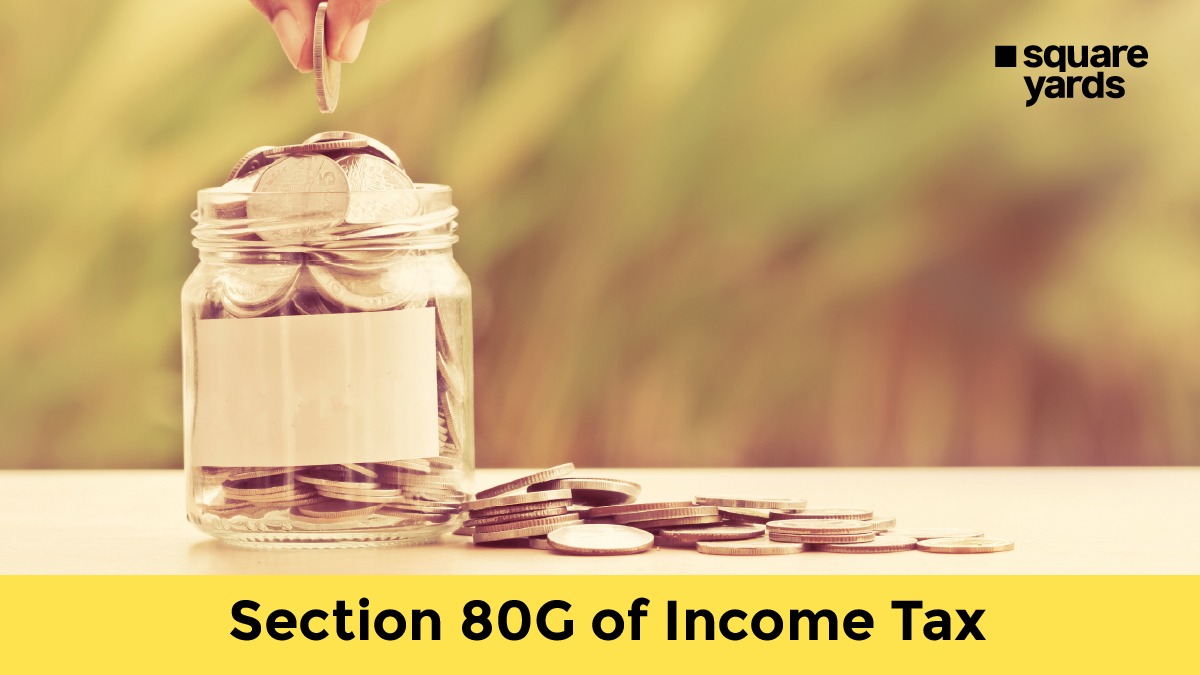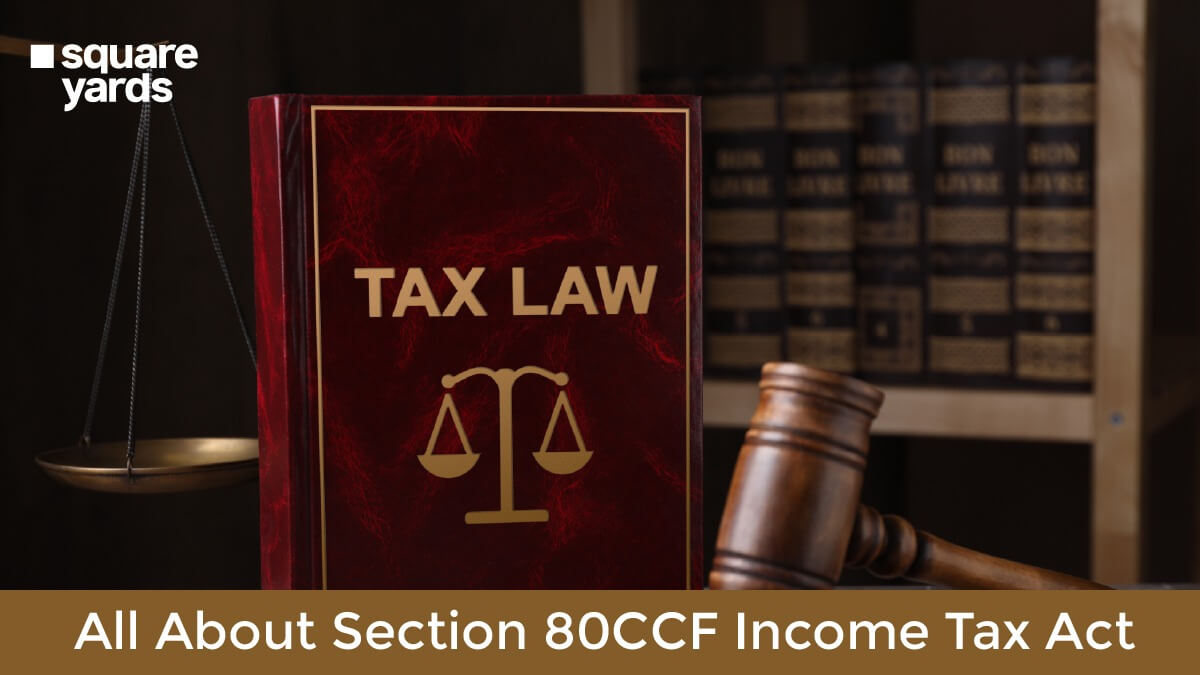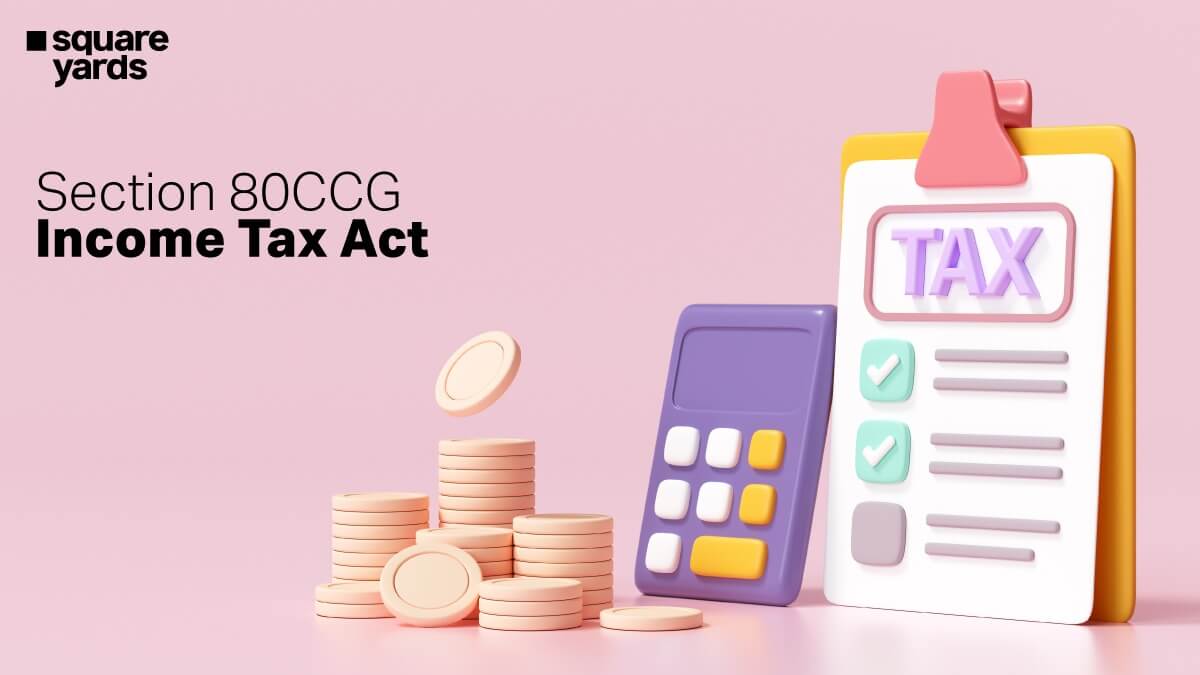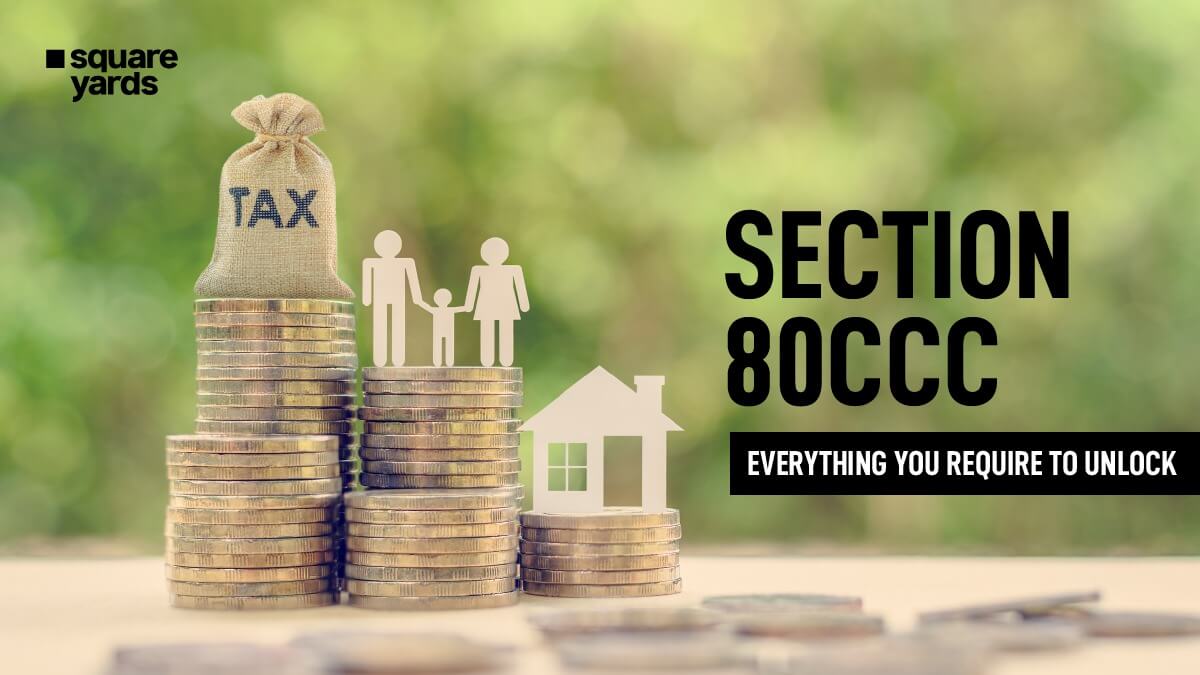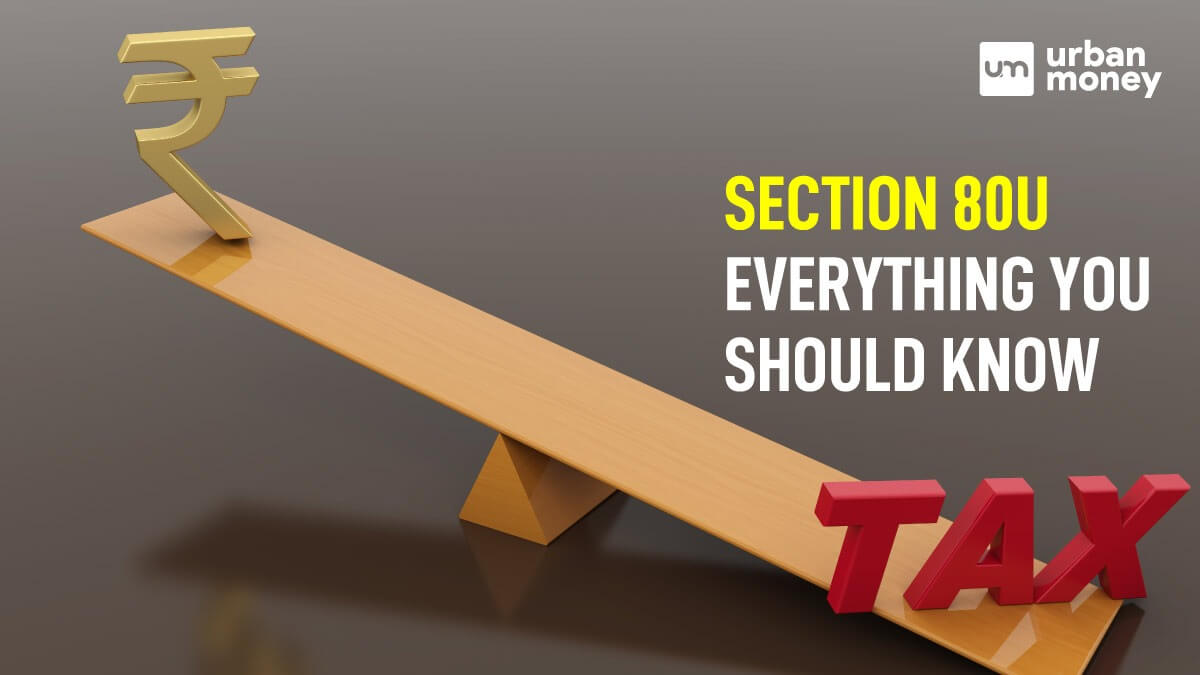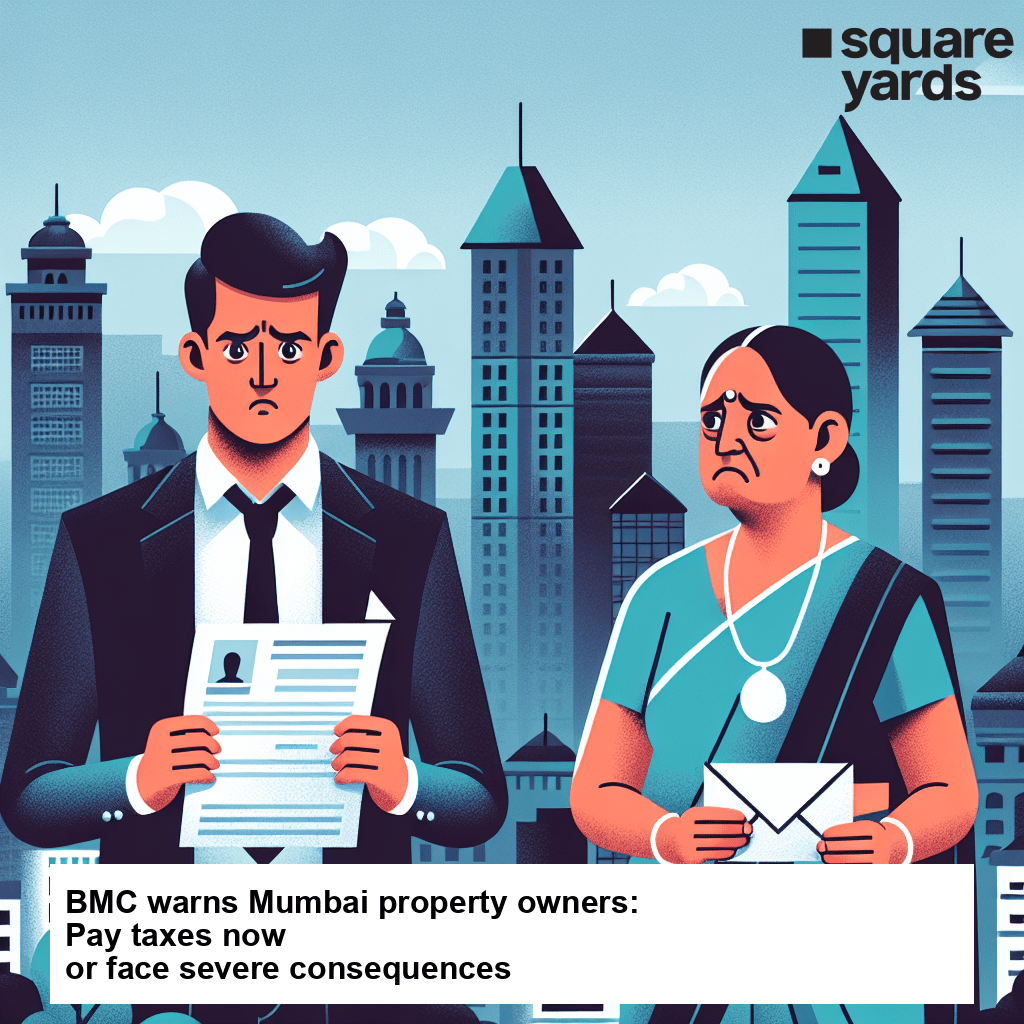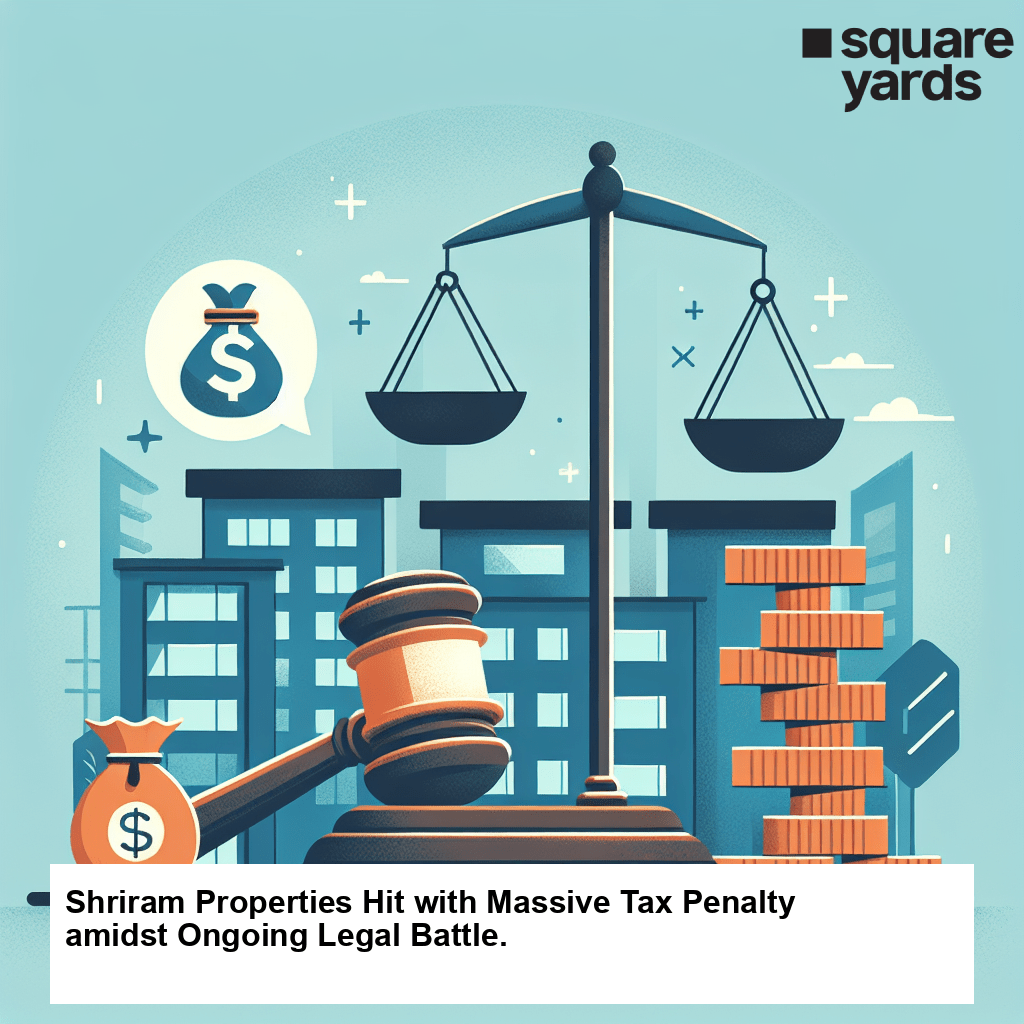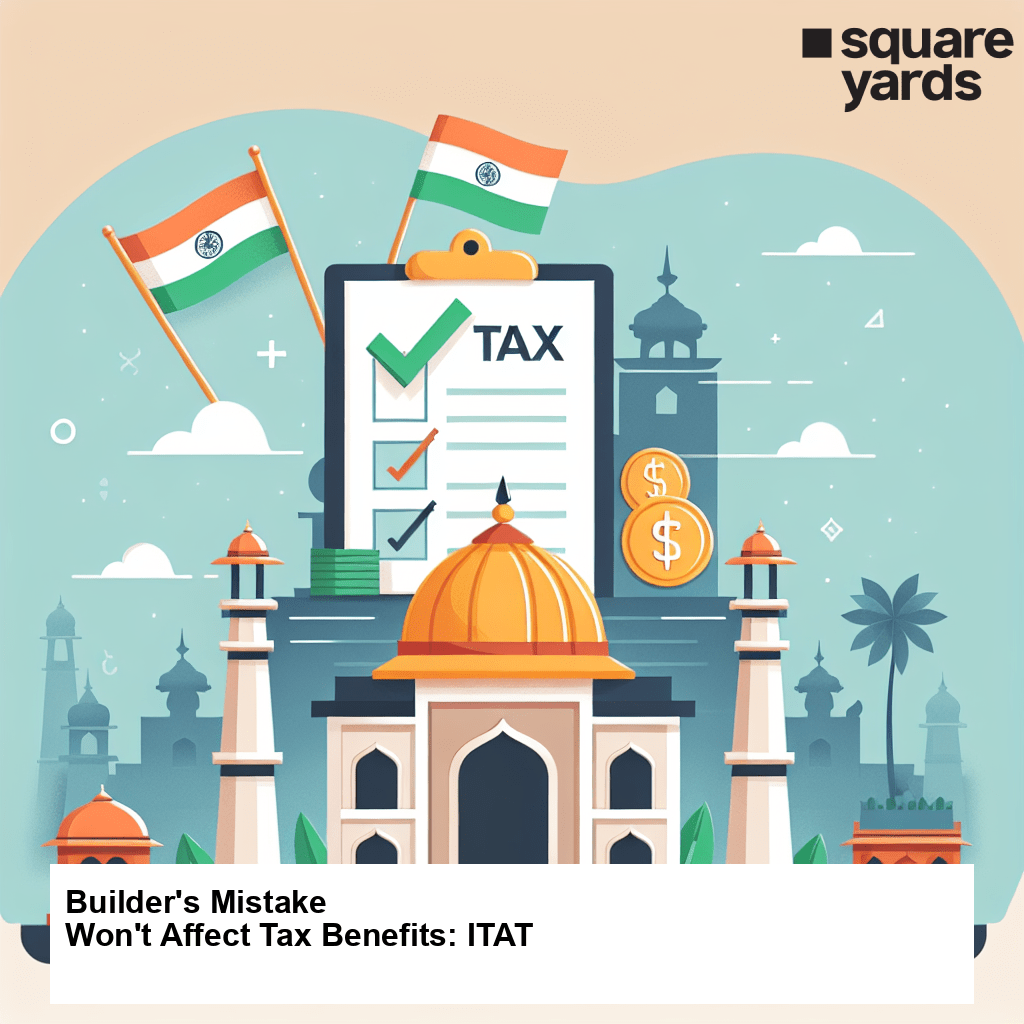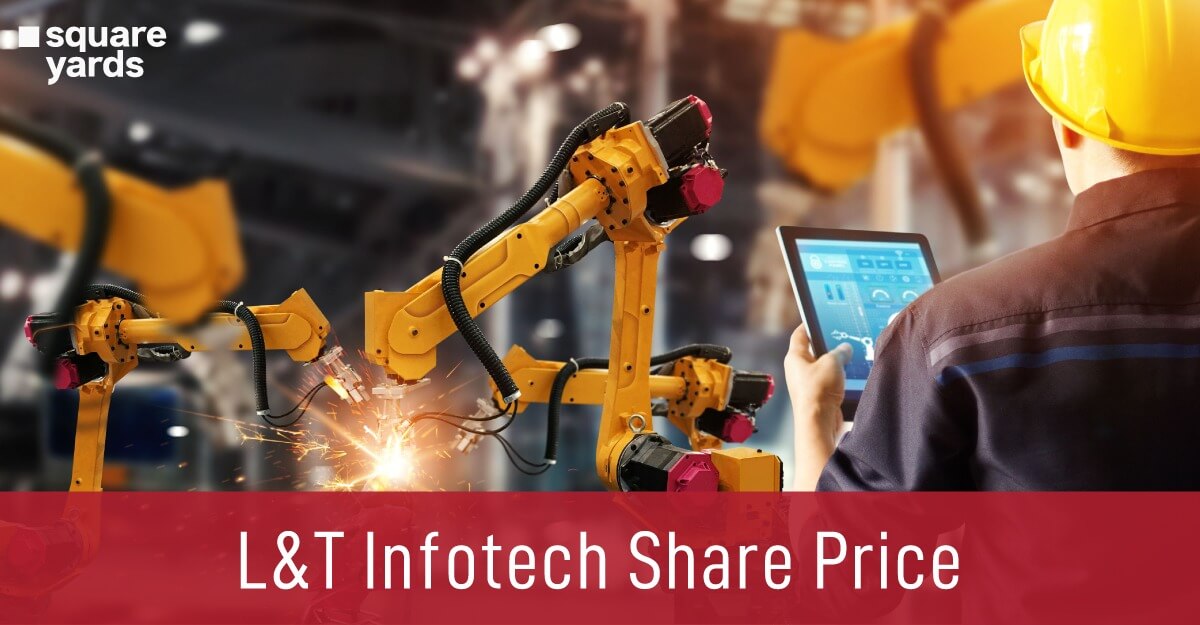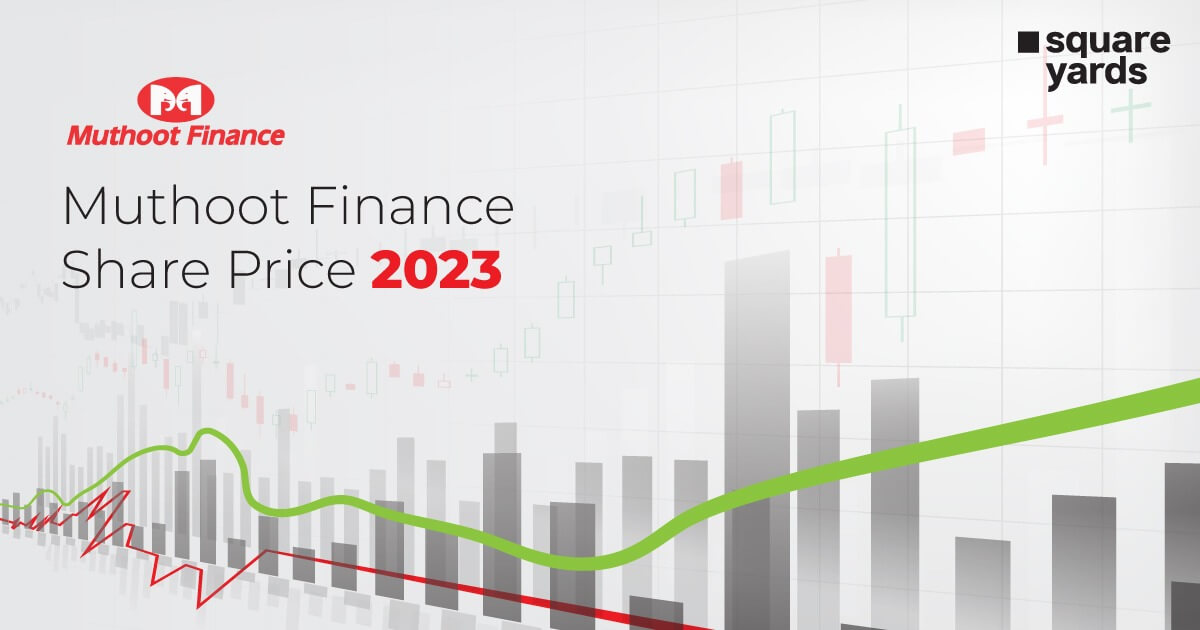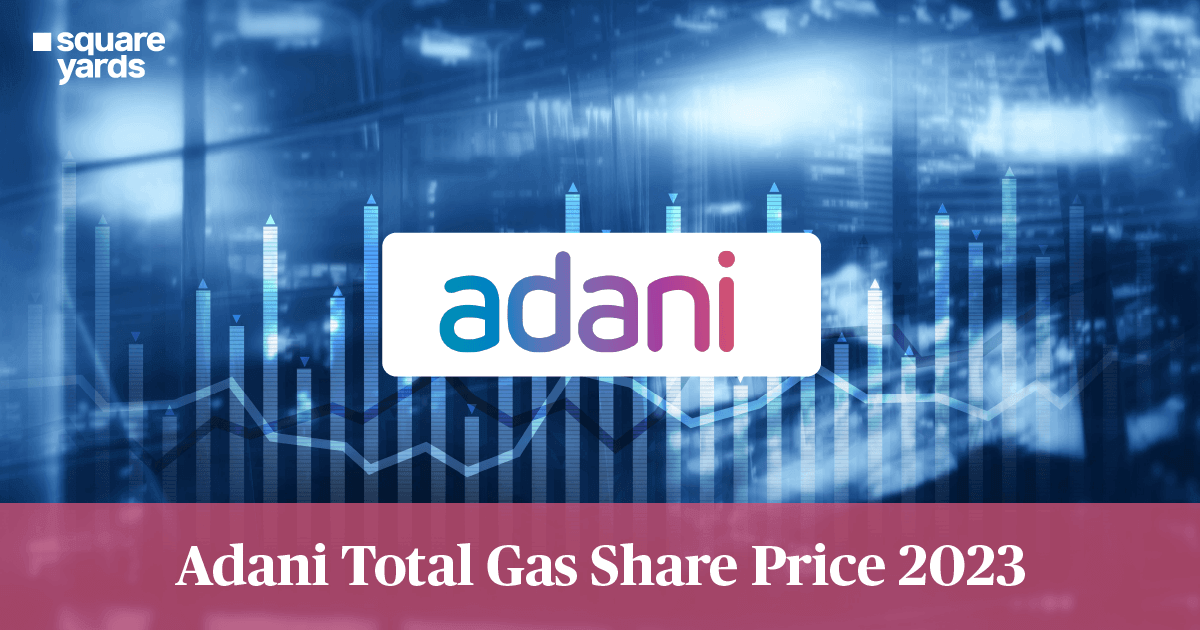What is bitcoin mining and is it legal?- These are some of the live questions that investors and beginners are still searching through. We are in an era where technological advancements have grabbed a pace where nothing is steady. Every passing day, you will encounter new technology replacing the old. And the crypto market is no exception.
Today, there’s not a single place that you can look without stumbling across bitcoin. Obviously, it’s the talk of the town. The crypto has become a kind of god. While some have ultimate faith in it, others simply see it as another ruckus.
Now, those who believe in it, want to know every possible way it has it as more as possible. Bitcoin mining is one of the most popular methods to get bitcoins in bulk and become filthy rich overnight.
But nothing comes for free and every coin has two faces. The process of bitcoin mining is quite expensive and if you are unable to extract coins even after following the entire mining process, your investment will get a zero return. As a result, you may be devastated.
However, before reaching any conclusion, you must know all the fundamentals of bitcoin mining. Who knows, your days are going to change. Therefore, we have tried to cover every basic detail and frequently asked questions related to bitcoin mining.
Here are the highlights of this blog:
- What Is Bitcoin Mining?
- How does Bitcoin Mining Work?
- Is Bitcoin Mining Legal?
- What do You Need to Mine Bitcoin?
- How to Start Mining? A Step-by-Step Procedure
- How Much can a Bitcoin Miner Earn?
- Mining and Bitcoin Circulation- How Many Bitcoins are Left?
- Risks of Mining
- The 64-Digit Hexadecimal Number
We suggest you stay until the end and do not skip any topic or you will miss out on the most important thing to know.
What is Bitcoin Mining?- A Complete Overview
Bitcoin mining is the method of producing new bitcoins by solving complex computational problems with high-powered computers. Not only are such problems are difficult enough to be solved by hands and too intricate to tax even incredibly powerful computers.
Bitcoin mining is significant for maintaining the ledger of transactions upon which Bitcoin lies. Over the past years, miners have grown utterly sophisticated employing complex machinery to speed up the mining process.
The outcome of bitcoin is twofold.
Firstly, new bitcoins are produced when computers solve such math problems on the bitcoin network. And second, solving computational math problems lets crypto miners secure the bitcoin payment network and makes it trustworthy by validating its transactions details.
When you send bitcoin anywhere, it is known as a transaction.
How Does Bitcoin Mining Work?
Whether it’s about mining bitcoin or any other crypto, it begins with the blockchain.
Blockchain is an online decentralized ledger that registers transactions performed right through a network. A group of approved transactions is known as a “block”. These blocks are tethered together to form a chain called the blockchain.
The prime objective of a bitcoin miner in the network is to add separate blocks to the blockchain by deciphering advanced mathematical problems. This pursuit demands huge computational as well as electrical power.
While there are many who compete to add each block, in reality, only miners able to solve the problems will actually get to add the block to the blockchain, along with its approved transactions. These miners are rewarded with 6.25 bitcoins. This block reward is further cut in half roughly every four years.
Is Bitcoin Mining Legal?
Well, it utterly depends on your geographic location. You must know that bitcoin mining demands an enormous amount of power. And it is somewhat like printing money.
Besides, the notion of Bitcoin poses a threat to the dominance of fiat currencies and the control of the government over the financial markets. Hence, several countries have announced the mining of bitcoins as an illegal affair.
However, there are more nations where mining and ownership of bitcoin are completely legal than those with not. Egypt, Nepal, Bolivia, Morocco, Pakistan, Ecuador, and Algeria are a few countries that have banned the ownership and mining of bitcoins.
As far as the legality of bitcoin mining in India is concerned, currently, there’s no law that suggests that it is banned or illegal. However, the use of ASIC machines is surely banned as it takes up a lot of power sources. So, the only option left with Indians is GPU mining, which is not profitable.
What do You Need to Mine Bitcoins?
The first and most crucial tool you need to mine bitcoin is specialized bitcoin mining hardware known as ASICs (Application-specific Integrated Circuits). You will need several hundred dollars to $10,000 to buy a new ASIC.
But that’s not it. It’s just a fraction of the expense needed to mine bitcoins. ASICs consume a huge amount of electrical power, the cost of which can instantly cross the cost of the device using it.
As if this isn’t enough, you will need Bitcoin mining software so that you can connect to the Bitcoin network. However, the software isn’t as expensive as the equipment. In fact, you will find a plethora of reliable software options for free.
But to estimate the profitability of Bitcoin mining, you must consider all the expenses, including hardware, software, and electricity. Do not forget to take into account the current value of Bitcoin which keeps fluctuating. Do add the taxes you might have to pay.
Note: Each block consumes roughly 10 mins to mine. However, if more resources and powers are required to mining, and if the time required in mining one block goes below 10 minutes, the bitcoin mining difficulty will rise to bring the average per-block mining time back to 10 minutes.
How to Start Mining? Step-by-Step Procedure
Until now, you might have had an idea about how intricate and rarely profitable mining could be. Still, it is feasible. If you want to achieve the best result, it can do by joining a mining pool.
Follow the steps described below to venture into bitcoin mining:
Step 1: Evaluate the profitability
Before you take a plunge into mining, you must first estimate the expenses and all the costs associated with it. This will include the cost of electricity and bitcoin mining hardware.
Note that any kind of profit generated will significantly depend on the value of Bitcoin, while is highly volatile.
Step 2: Purchase a Bitcoin Mining Hardware
Once you are done with the initial calculations, you can proceed ahead with the purchase of mining hardware. It will hardly cost you anywhere from several hundred to a thousand dollars.
Step 3: Get Mining Software
Now that you have got the system for mining bitcoins, you will need software to access the blockchain and execute your mining. The market is flooded with free software and the paid ones. You can choose from the best.
Step 4: Install a Bitcoin Wallet
After you have picked bitcoin mining software, install a Bitcoin account where you can store all the mined bitcoins. These bitcoin wallets are digital wallets that allow you to store bitcoins in the cloud but are often targeted by cybercriminals.
You can also use an offline wallet to store bitcoins as it comes with the added security of not getting hacked by any cybercriminals. However, it too comes with a catch. If you lose your offline wallet or the key to access it, you will lose all the bitcoins and will never be able to retrace them until you get the key.
Step 5: Enter a Mining Pool
To ensure you have a high probability of mining the block the fastest, you must join a mining pool.
Step 6: Begin with Mining
If you have followed the above steps properly, it’s time you can begin with mining. It’s a submissive industry but you must check the tool routinely to ensure everything is performing smoothly.
How Much can a Bitcoin Miner Earn?
Every four years, the rewards of Bitcoin mining is reduced by half. In 2009, when bitcoin was first mined, mining one block returned a reward of 50 BTC.
In 2012, this reduced to exactly half and became 25 BTC. By 2016, this reduced again and became 12.5 BTC. On May 11, 2020, the bitcoin reward dropped again to half and became 6.25 BTC.
In December 2020, the bitcoin price was about $24,000 per bitcoin. This means you would have earned $150,000 for completing a block. I am sure you would be thinking- Woah! Not a bad incentive to solve that intricate puzzle at all.
Right?
Well, it does sound a handsome amount. But always remember that you will need to put in a lot of your mind.
If you wish to monitor the precise time of when this halving will occur, you should approach the Bitcoin Clock, which updates real-time information. Also, you can check out various sites like blockchain.info to track real-time information now many bitcoin blocks have been mined so far.
To have an extensive insight into bitcoin miner’s revenue per day, have a look at the chart provided below by ycharts.com.

As of 14th August 2021, the bitcoin miner’s revenue stood at a level of 48.77 million which was up from last year revenue of 12.13 million.
Bitcoins in Circulation- How Many Bitcoins are Left?
As of now, 18,785,437.5 bitcoins are in circulation. This number is updated 6 times per hour and every 10 minutes when a developer mines a new bitcoin on the bitcoin blockchain.
Each new block creates 6.25 bitcoins. The last person to confirm a transaction receives these bitcoins as a reward. Moreover, it’s crucial to note that every four years, bitcoins undergo a halving event which leads to the reduction of the supply flow of newly minted Bitcoin.
At the time of writing this blog, we have the following information on the number of Bitcoins:
- Total BTC in existence- 18,785,437.5
- Bitcoins left to be mined- 2,214,562.5
- % of bitcoins issued- 89.454%
- New bitcoins per day- 900
Have a look at the graph provided by Blockchain.com on the bitcoin circulation:

Risks of Mining
Typically, there are two types of mining risks:
- Financial risks, and
- Regulatory risks.
As we already studied earlier, bitcoin mining or any mining in general, pose a financial risk. You could walk through all the attempts of purchasing mining hardware worth hundreds or thousands of dollars and still have zero return on investment.
Having said that, you can mitigate this risk by joining mining pools which increases the chance of getting successful at mining. In case you are thinking of mining and you reside in a location where mining is banned, you must reconsider your decision.
Therefore, before you prepare for mining and purchase all the equipment required for the same, it would be wise to research your countries regulation and overall viewpoint towards crypto and its mining before purchasing the required tools.
Another potential risk involving bitcoin mining or any other crypto mining is the increase in the energy consumption as needed by the computer systems performing the mining algorithms. While microchip efficiency has escalated drastically for ASIC chips, the growth of the bitcoin network itself is overspeeding technological improvements.
These, as an outcome, are a big concern involving the environmental impact and carbon footprint of bitcoin mining. Hence, many countries have completely banned any kind of crypto mining. It is said to have a direct impact on the environment.
If you remember, people and some biggies of the industry trolled Elon Musk and his company Tesla for promoting Bitcoin and Dogecoin. Why? Because the main motive of Tesla is to produce eco-friendly cars and to support green. However, cryptocurrencies, as discussed, use up a lot of energy, thereby, affecting the environment negatively.
Long story short, bitcoin mining poses three different risks- financial, regulatory, and environmental risks as well.
The 64-Digit Hexadecimal Number
Let’s first take a look at the example of such a number:
0000000000000000057fcc708cf0130d95e27c5819203e9f967ac56e4df598ee
As you can see, the number contains a lot of 64 digits. Reading it would have seemed quite easy? Ain’t it?
Well, you might have observed that the number doesn’t just consist of numbers, but it’s a combination of both numbers and alphabets. Now you must be thinking- why is that?
To understand the purpose of these letters in the middle of digits, let us first unwind the term “hexadecimal.”
We are quite aware that the “decimal” system has a base of 10. This, in turn, implies that every digit of a multi-digit number contains ten different possibilities, i.e. zero through 9.
On the other hand, hexadecimal means has a base of 16 which means it has 16 different possibilities. However, our numeric system only allows 10 kinds of representing numbers (0 through 9). Hence, you need to stick letters in, especially letters a, b, c, d, e, and f.
Now, while mining bitcoins, you don’t need to calculate the total value of the hash (64-digit number). Yes, you heard it right. You don’t need to calculate it.
Miners having huge computers and several cooling fans make guesses at the target hash. This random guessing generates as many nonces as possible and at quite a pace.
Now the question is- what is a nonce? It’s short for “number used only once,” and it’s a key to produce 64-bit hexadecimal numbers. In Bitcoin mining, a nonce is of a size of 32 bits which is much smaller than a hash with 256 bits.
The first miner who succeeds in generating a hash of less than or equal to the target hash will get credit for the completion of that block and will receive the spoils of 6.25 BTC.
You Might Also Like
Frequently Asked Questions (FAQ)
How long does it take to mine 1 bitcoin?
There’s nothing like mining 1 bitcoin. It is always mined in blocks. Therefore, crypto miners have to mine one complete block which is 6.25 BTC per block. Each block demands 10 minutes to mine
How do I start mining bitcoins?
If you want to mine bitcoins, you should possess a mining rig- software specifically designed for mining bitcoins and other currencies based on the same algorithm. It is known as ASIC (Application-Specific Integrated Circuit chips) which uses less energy and mines bitcoin much faster. However, the software is very expensive.
Where do bitcoins come from when mining?
When mining, bitcoins are extracted from software where the miners have to solve some specific computing work. If you are lucky enough to be able to solve, you can mine bitcoins, however, there are times, you won’t have any luck finding any bitcoin from mining.
How dangerous is bitcoin mining?
Bitcoin mining often poses a financial as well as regulatory risk. You can spend hundreds and thousands of dollars on mining tools only to have zero returns on your investments.
So, yes, bitcoin mining could be dangerous for you financially.
Where can I mine bitcoin for free?
If you want to mine bitcoins for free, then you must have a few most essential things in hand before you start mining free bitcoins.
Firstly, you will need a Bitcoin wallet as well as an account where you can hold the coin earned. Once you have set up your wallet account, you will require an encrypted online bank account for transferring your earnings.
Secondly, you will need free mining software on your computer or laptop. After you have installed the software, set it up and link your bitcoin mining account with your crypto wallet
How can I earn free bitcoins without mining?
You can earn free bitcoins by trading, shopping rewards, bitcoin courses, online jobs, bitcoin faucets, or playing mobile or online games such as blockchain poker, etc.

























